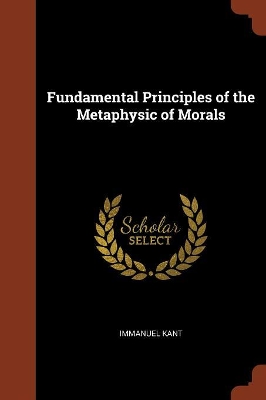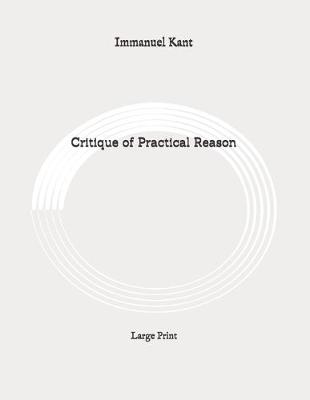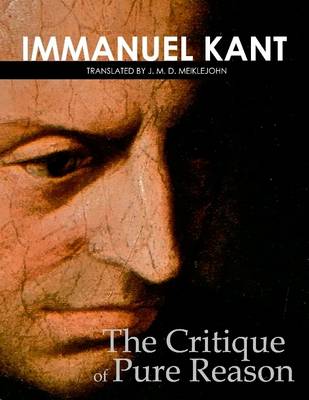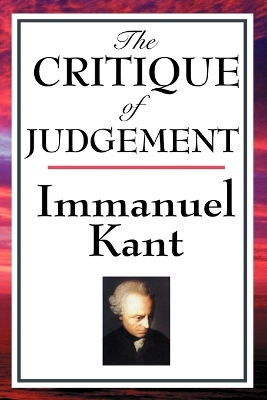Dover Philosophical Classics
4 total works
What is morally permissible? What is morally obligatory? These questions form the core of a vast amount of philosophical reasoning. Kant here developed a basis for the answers. In this book, Kant asks what sort of maxim might function as a guide to appropriate action under a given set of circumstances. By universalizing such a maxim, would morally permissible behavior not become clear? Suppose that everyone were to behave in accordance with this maxim. If everyone followed the maxim in the same way without harm to civilized culture, then the behavior would be morally permissible. But what if no one followed the maxim? Would civilization thereby be at risk? In such a case, the behavior would be morally obligatory. Kant's test, known as the Categorical Imperative, is a logical proof of the Golden Rule and the centerpiece of this work. It constitutes his best-known contribution to ethical discussion, and a familiarity with his reasoning in this book is essential to students of philosophy, religion, and history.
This seminal text in the history of moral philosophy elaborates the basic themes of Kant's moral theory, gives the most complete statement of his highly original theory of freedom of the will, and develops his practical metaphysics. This new edition, prepared by an acclaimed translator and scholar of Kant's practical philosophy, presents the first new translation of the work to appear for some years, together with a substantial and lucid introduction.
The Critique of Pure Reason by Immanuel Kant is one of the most influential works in the history of philosophy. Also referred to as Kant's "first critique," it was followed in 1788 by the Critique of Practical Reason and in 1790 by the Critique of Judgment. In the preface to the first edition Kant explains what he means by a critique of pure reason: "I do not mean by this a critique of books and systems, but of the faculty of reason in general, in respect of all knowledge after which it may strive independently of all experience."
A refreshing approach to the study of major Western philosophers. Introductory essays by noted scholars enliven each volume with insights into the human side of the great thinkers, and provide authoritative discussions of the historical background, evolution, and importance of their ideas. Highly recommended as stimulating classroom texts.



